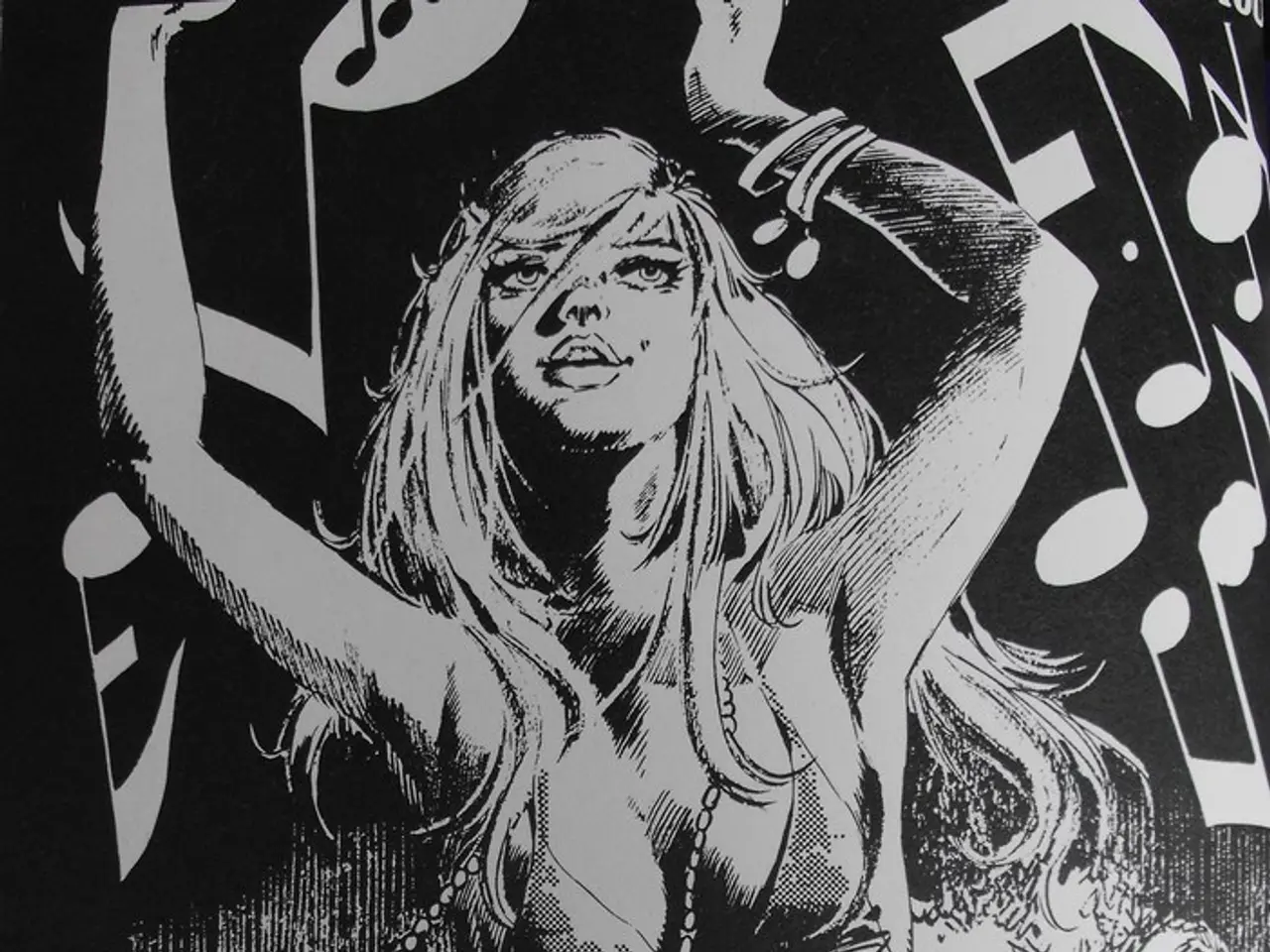Exploring Beyond the Beats: Reggae as a Cultural Phenomenon
Reggae, a genre of music that first emerged in Jamaica in the 1960s, has become a globally recognized and influential force in music and culture. Its origins can be traced back to the traditions brought by enslaved West African people, setting the stage for the emergence of other music styles like ska and reggae.
At its core, reggae is a fusion of traditional mento, American Jazz and R&B, calypso, ska, and rocksteady. However, its cultural impact extends far beyond its musical roots.
Reggae and the Rastafari Movement
Culturally, reggae is deeply intertwined with the Rastafarian movement, an Afrocentric religious and political movement that arose in Jamaica in the 1930s. Rastafari promotes pan-Africanism, reveres Ethiopian Emperor Haile Selassie I as a messianic figure, advocates for social justice, and encourages repatriation to Africa. Reggae became the musical voice of Rastafarian beliefs, spreading these messages globally through songs that address oppression, spirituality, and resistance to injustice.
Bob Marley, the most significant figure linking reggae and Rastafari to global culture, popularized reggae worldwide and championed Rastafarian ideals such as equality, liberation, and African identity. His influence elevated reggae beyond a music genre to a symbol of resistance and hope for the oppressed.
The Cultural Impact of Reggae
The cultural impact of reggae and its association with Rastafari includes:
- The international popularization of Rastafarianism and its symbols (e.g., dreadlocks, ganja use) largely via reggae music.
- Reggae as a tool for social and political commentary, giving voice to marginalized communities in Jamaica and beyond.
- Global fusion and influence on other genres, such as hip hop and Latin music, demonstrating reggae’s adaptable and enduring legacy.
- Diasporic connection, reinforcing African heritage and consciousness among Caribbean and global African-descended populations.
Other notable artists who fused Rastafari and reggae include Peter Tosh, Bunny Wailer, Burning Spear, and Culture, contributing to reggae’s rich cultural tapestry worldwide.
Reggae's Global Reach
Reggae has become a globally recognized genre outside of the Caribbean, particularly in Britain, the United States, and Africa. Its iconic message of love and unity against oppression has shaped artistry in many forms, such as visual art, graffiti, and street art.
Reggae has also significantly impacted rock and pop music, where artists use its rhythms, instrumentation, and vocal styles in their own songs. Ska, an earlier style of music, differed from mento by combining Jamaican folk music with calypso, a form of music from Trinidad and Tobago.
The Legacy of Bob Marley
Bob Marley, born in 1945 in Jamaica, grew up in poverty but used his passion for music to rise to fame globally with his band The Wailers and songs like 'No Woman, No Cry' and 'One Love' in the 70s. His life was tragically cut short at 38 years old when he passed away due to cancer.
On February 14th, 2024, Paramount Pictures released a biopic film based on Marley's life, titled Bob Marley: One Love, starring Kingsley Ben-Adir. However, the film has received mixed reviews, with some critics applauding its representation of Marley as a powerful influence, while others believe the portrait is not accurate.
In summary, reggae’s key influences are musical traditions from Africa and the Caribbean, while its cultural impact is largely rooted in spreading Rastafarian spirituality and social justice ideals globally, with Bob Marley as the central figure who embodied and popularized this movement.
[1] "Reggae Music: A History and Analysis." University of the West Indies, Mona. (n.d.). Accessed March 10, 2023. https://www.mona.uwi.edu/reggae/history-analysis.html
[2] "Rastafari." ReligionFacts. (n.d.). Accessed March 10, 2023. https://www.religionfacts.com/rastafari
[3] "Reggae Music and Rastafari." Britannica. (n.d.). Accessed March 10, 2023. https://www.britannica.com/topic/reggae-music/Reggae-music-and-Rastafari
[4] "Reggae's Global Influence." BBC. (n.d.). Accessed March 10, 2023. https://www.bbc.com/culture/article/20210312-how-reggae-influenced-the-world
- Reggae, a genre born in Jamaica in the 1960s, is deeply intertwined with the Rastafarian movement, an Afrocentric religious and political movement, serving as a musical voice for their beliefs that address oppression, spirituality, and resistance to injustice.
- Rastafarian beliefs found a powerful voice in reggae, with Bob Marley, a significant figure linking reggae and Rastafari to global culture, popularizing it worldwide and championing Rastafarian ideals such as equality, liberation, and African identity.
- The cultural impact of reggae extends to the international popularization of Rastafarian symbols, like dreadlocks and ganja use, acting as a tool for social and political commentary, and contributing to the global fusion and influence on other genres.
- Reggae's impact on rock and pop music is significant, with artists using its rhythms, instrumentation, and vocal styles in their own songs, reflecting its enduring and adaptable legacy.
- Reggae, apart from music, has shaped artistry in various forms, such as visual art, graffiti, and street art, making a global impact in the realm of entertainment.
- Expanding beyond musical genres, reggae has been a powerful force in the fields of fashion-and-beauty, food-and-drink, books, education-and-self-development, and sci-fi-and-fantasy, influencing lifestyles worldwide.
- The genre of pop-culture embraces reggae's key influences from Africa and the Caribbean, embodying its messages of love and unity against oppression while celebrating African heritage.
- Beyond Jamaica, reggae has become a globally recognized genre, gaining traction in Britain, the United States, and Africa, contributing to the continuing evolution of music and culture at large.




